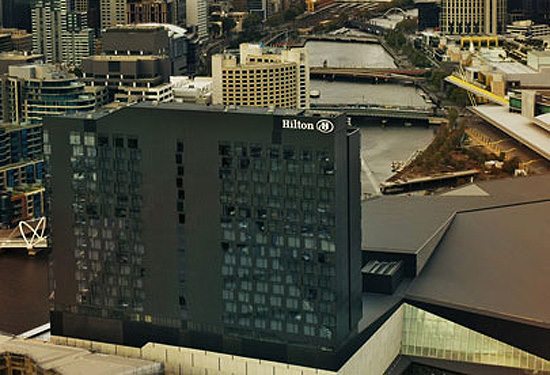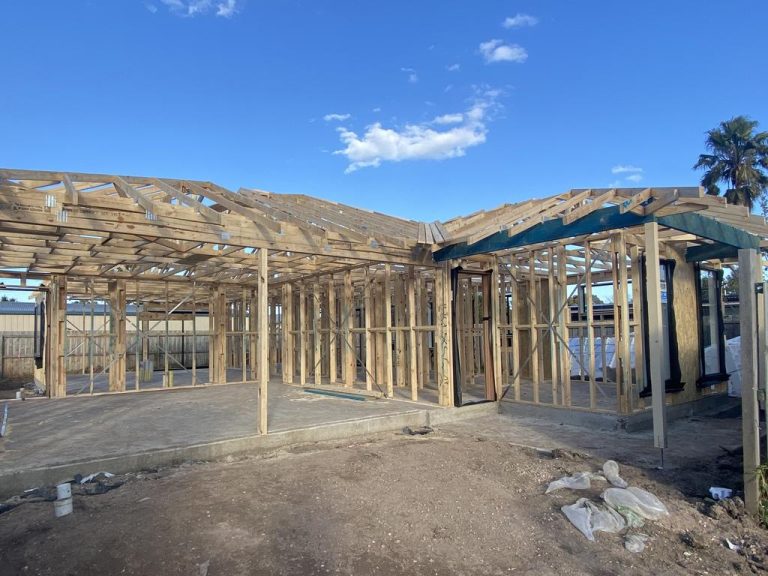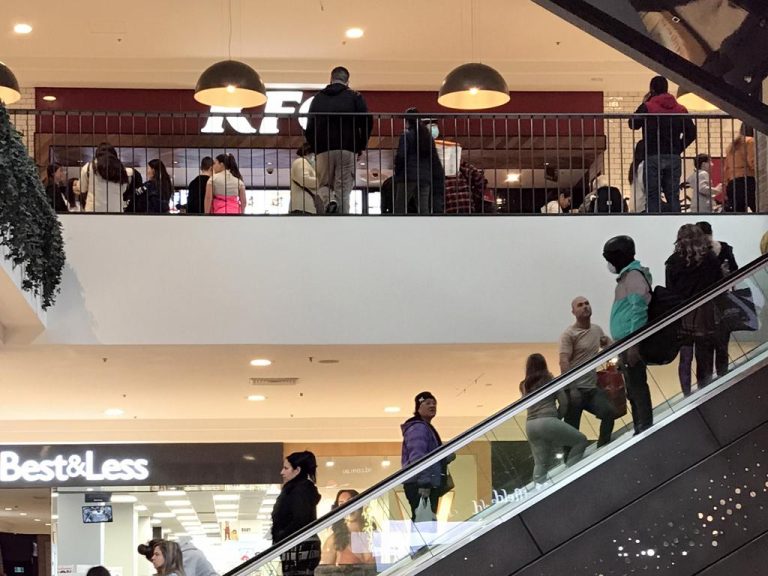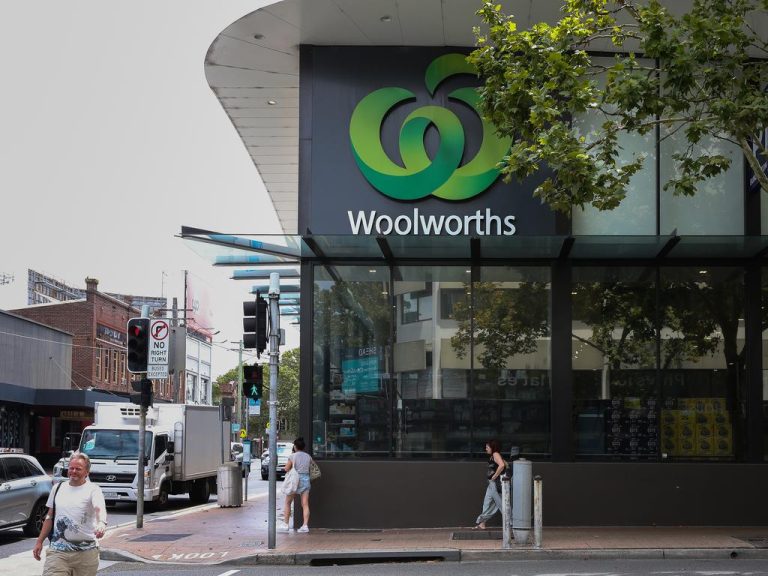Global buyers lock eyes on Australian hotel market

Global hotel operators have set their sights on Australia with a string of recent deals offering buoyancy to an otherwise lacklustre market.
In its first quarter review of Asia Pacific hotel trends, CBRE says Australia looks more appealing than ever to overseas buyers.
It says Australia had been identified as a “growth centre” with expansions in a number of key markets.
Commercial Insights: Subscribe to receive the latest news and updates
It comes despite the constraints on local investors struggling to find quality property at the right price.
“Perth continues to attract attention from investors seeking countercyclical plays,” the report says. “Cairns and the Gold Coast are seeing some interest but there is a lack of stock for sale in both markets.”
The Asia Pacific Hotel Trends report found, overall, investment turnover was largely unchanged quarter-on-quarter at (US)$2.1 billion in the first four months of this year.
“Most deals this quarter involved foreign investors purchasing assets in major cities from local vendors,” the report states.

- The Mercure Hotel in Geelong sold earlier this year.
For local investors, the report says there is a strong focus on mid-tier smaller assets in regional markets and leisure destinations.
That sentiment was showcased by Event Hospitality and Entertainment’s recent purchase of the Mercure Hotel in Geelong.
The analysis, which focused on markets in Hong Kong, Singapore, South Korea, Thailand, Vietnam and Australia, also points to the advent of automation and how it is quietly revolutionising the industry.
Reservations, check-ins, room access, lighting and housekeeping can now completed through phone app technology.
“Faced with high costs and manpower shortages, hotels in Asia Pacific have already begun to introduce automated check-in and check-out along with in-room innovations such as sensors to control lighting and air conditioning,” the report states.
“However, many operators believe automation has its limitations and can actually compromise their ability to provide guests with high quality personalised service.”







